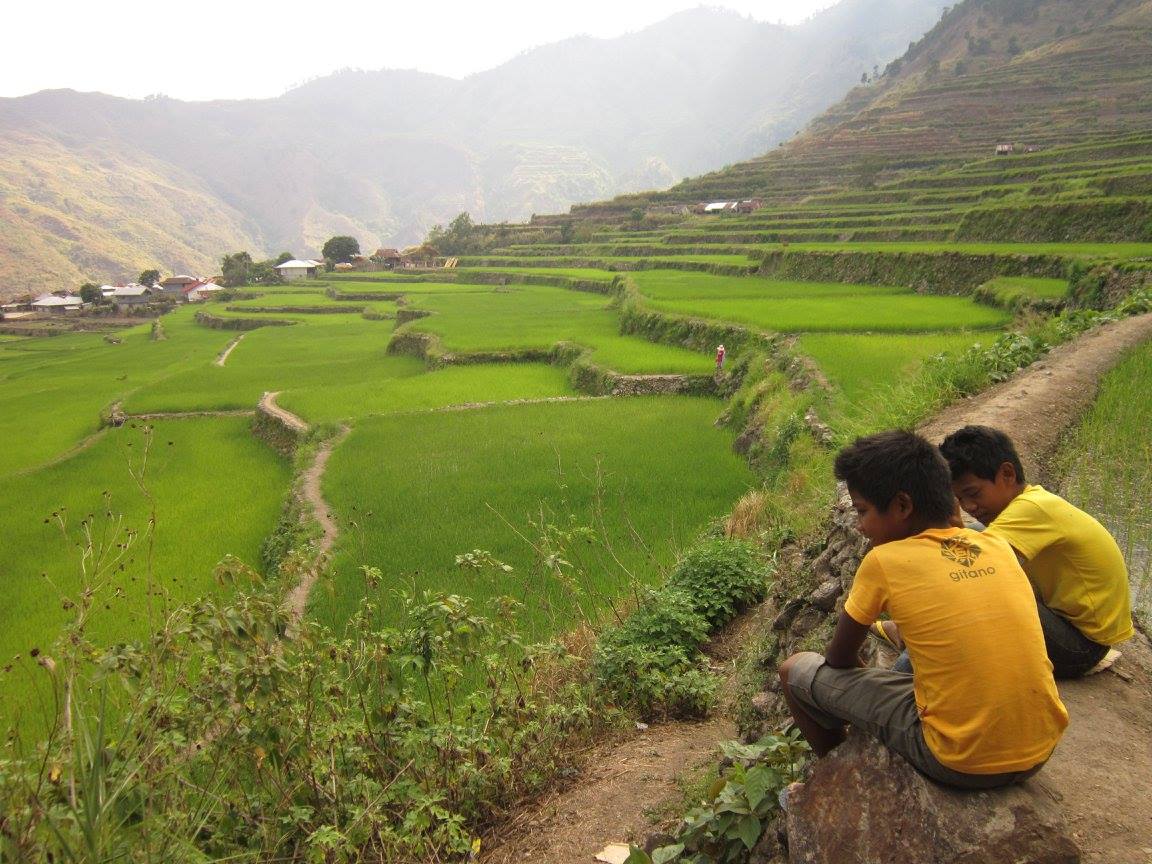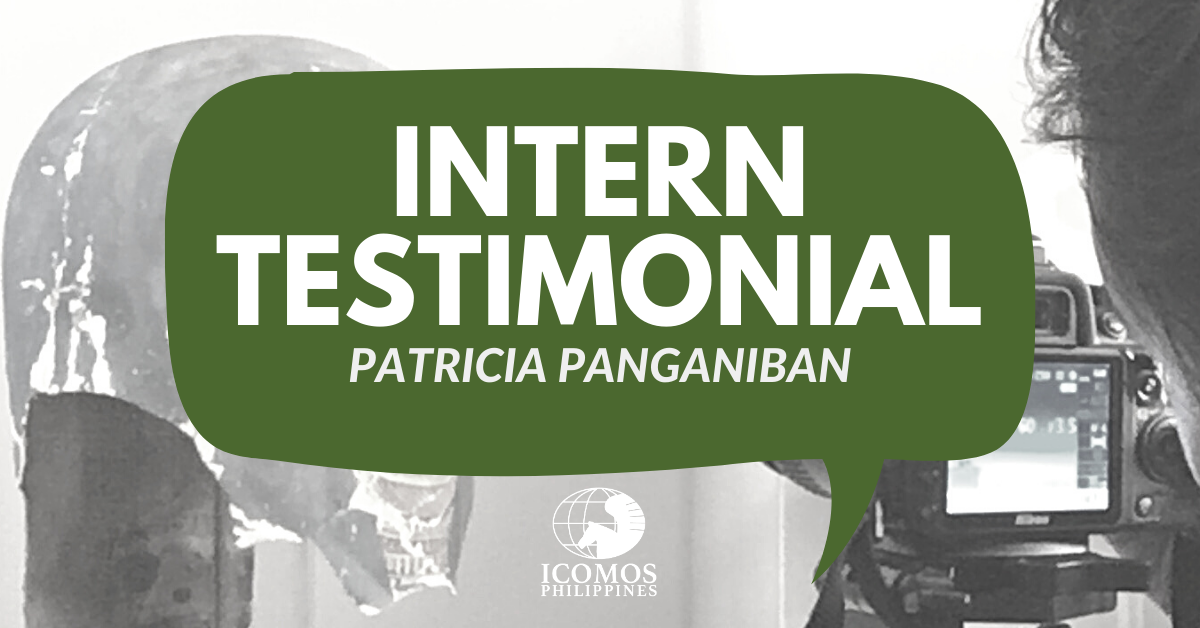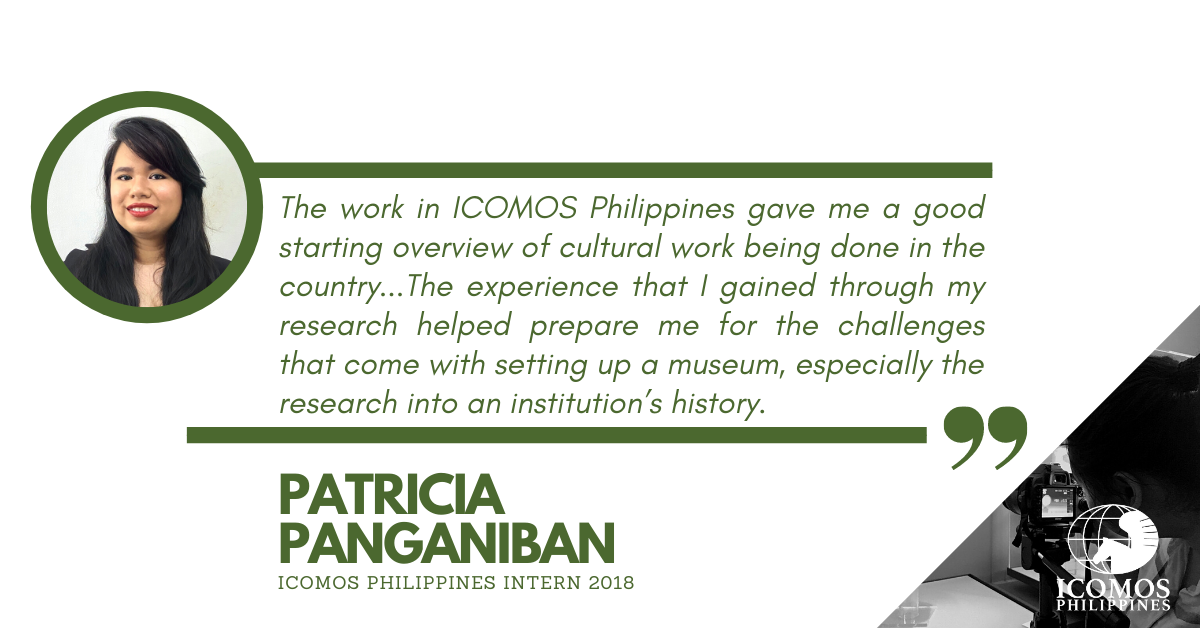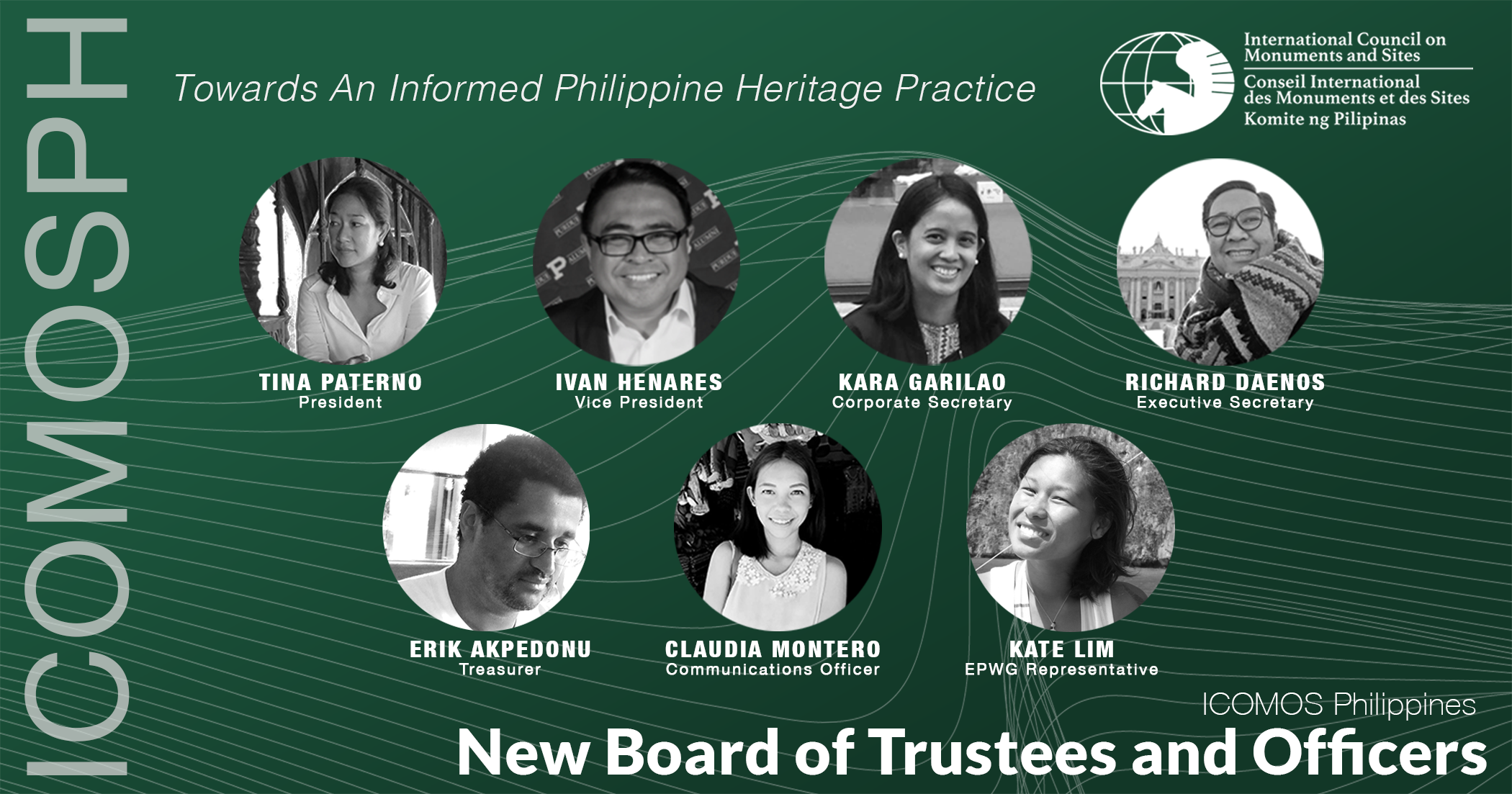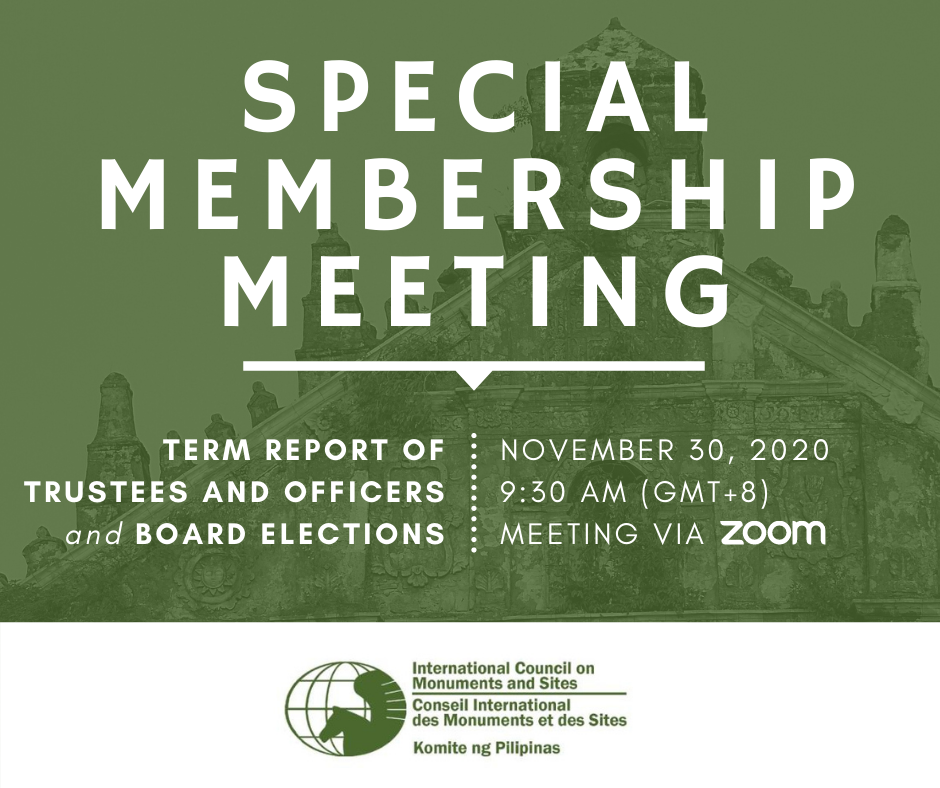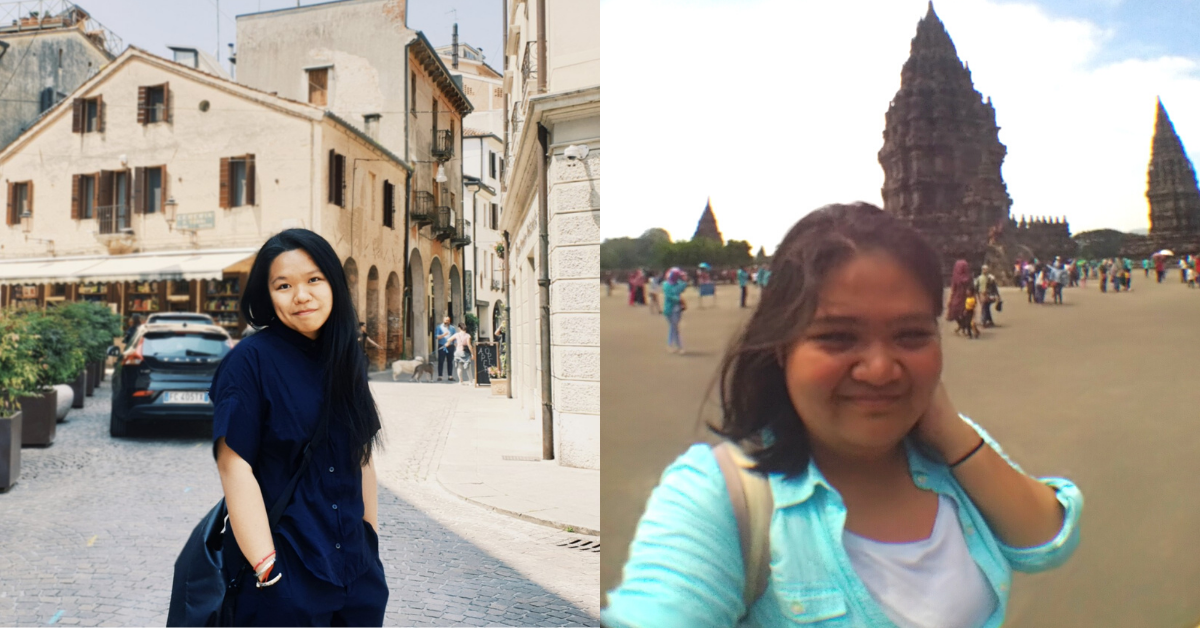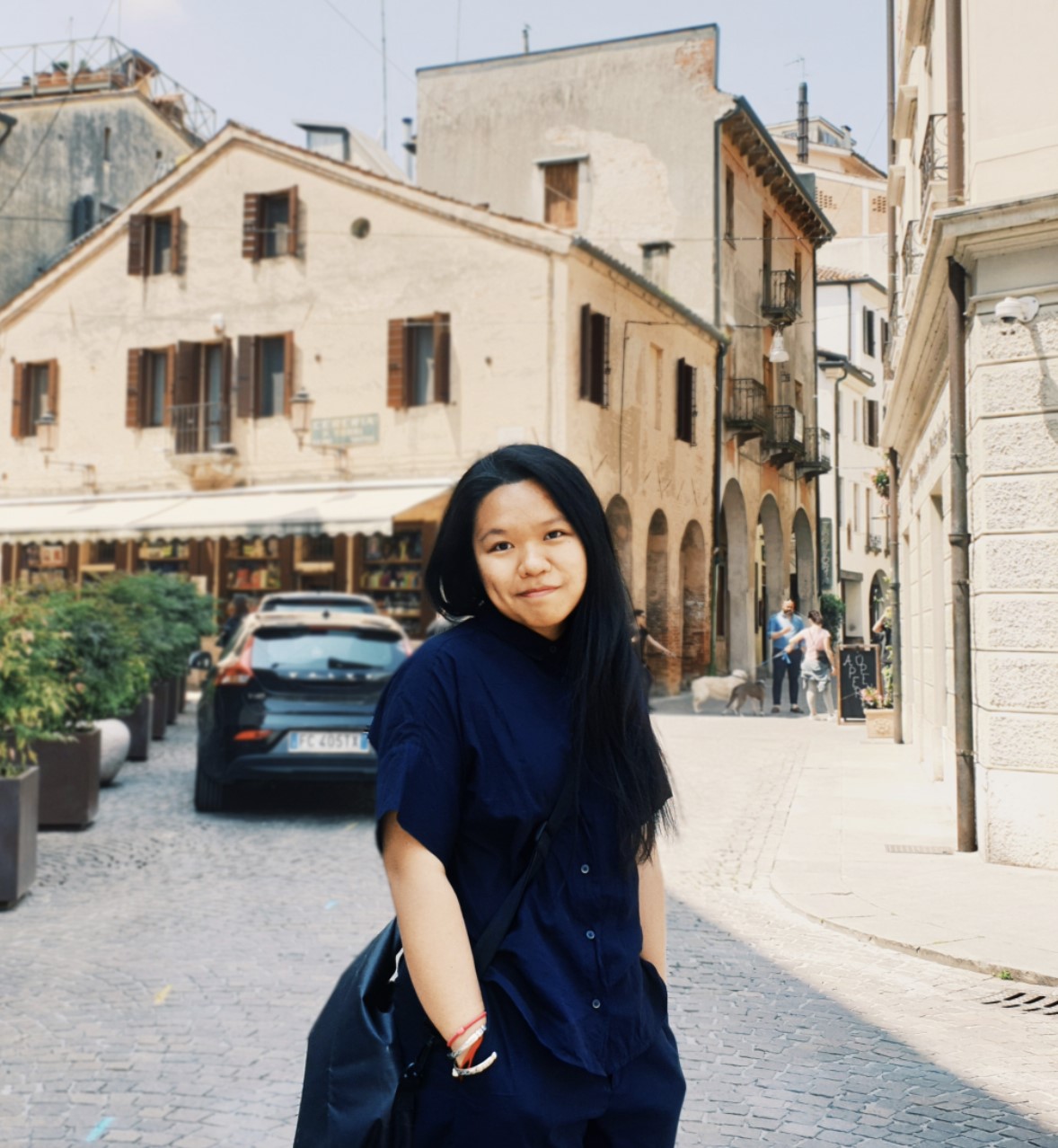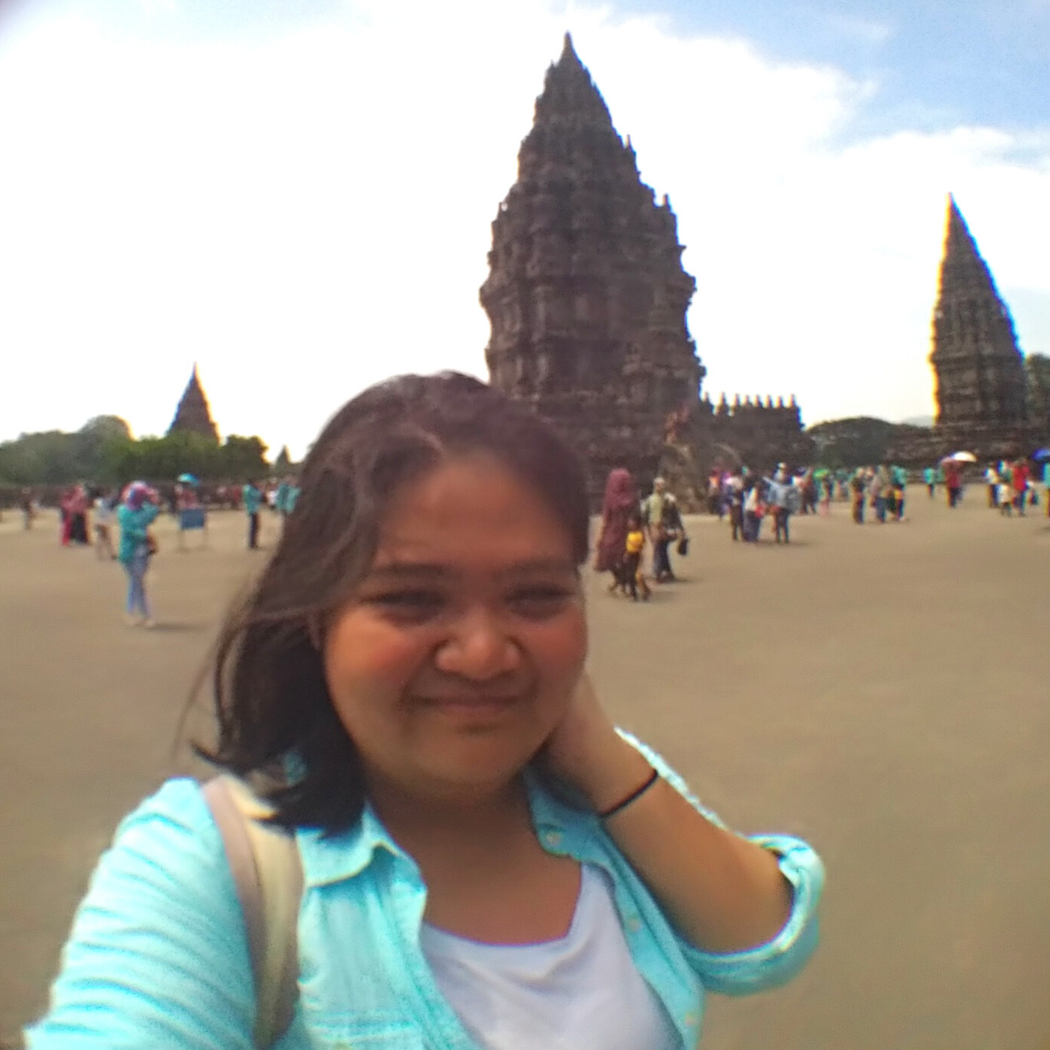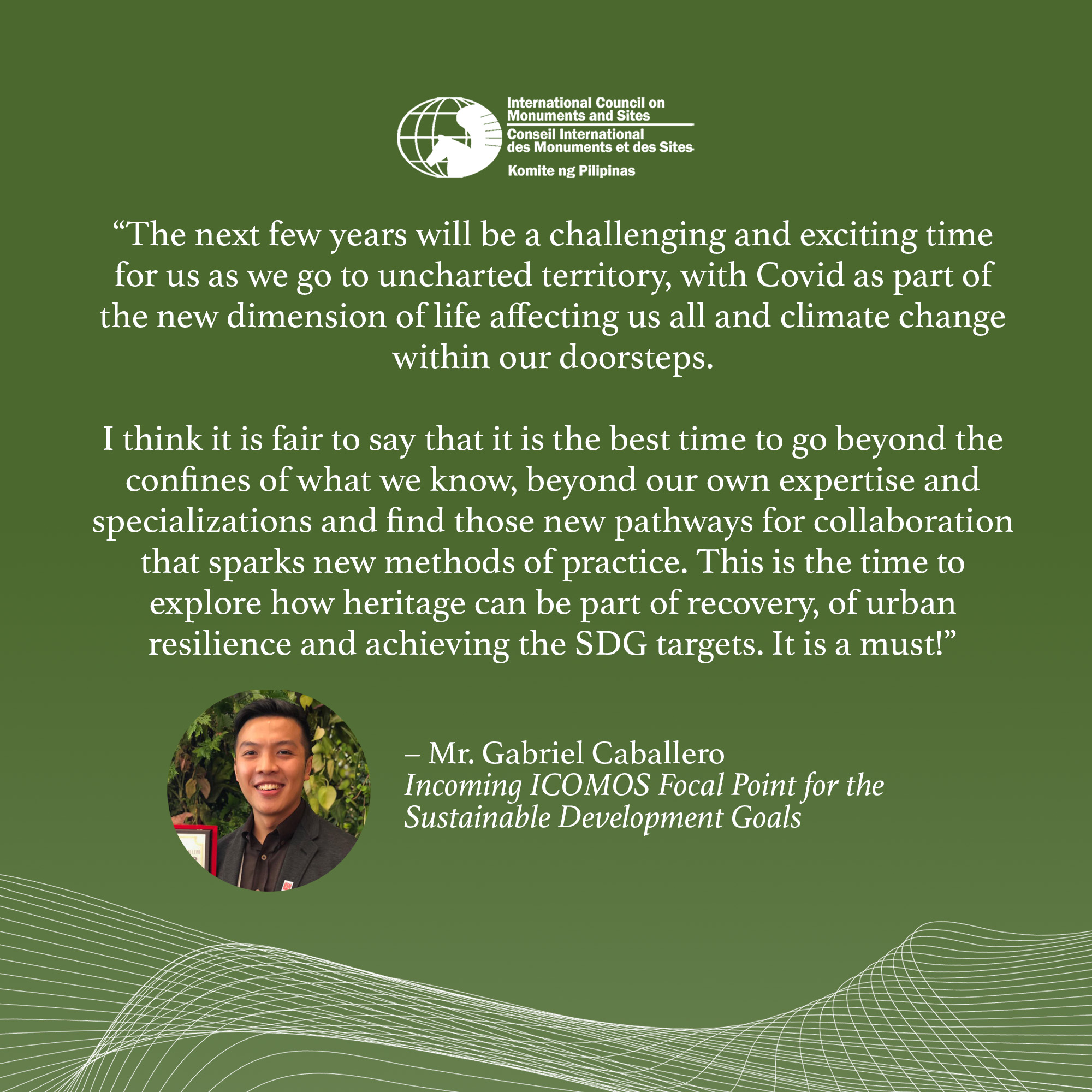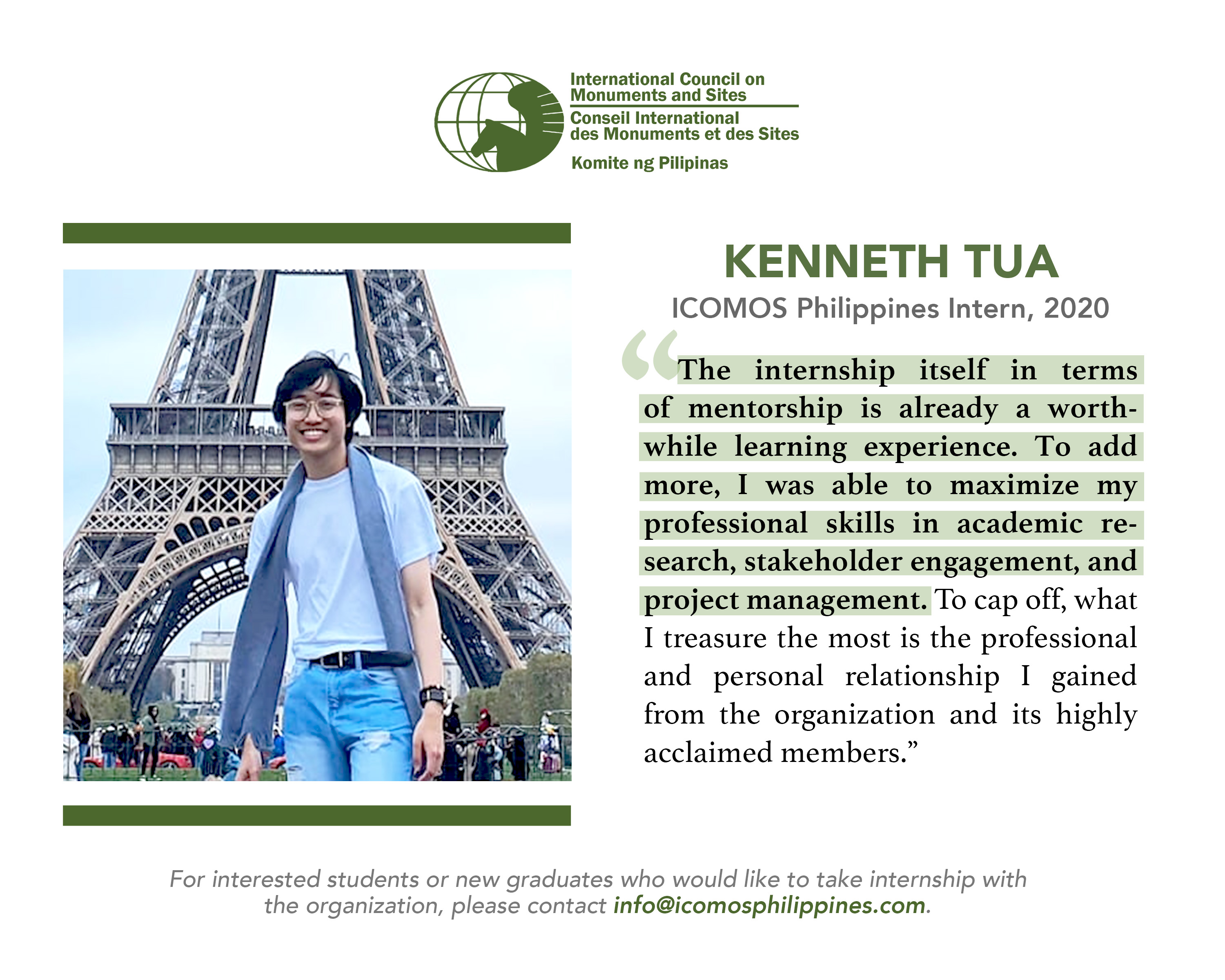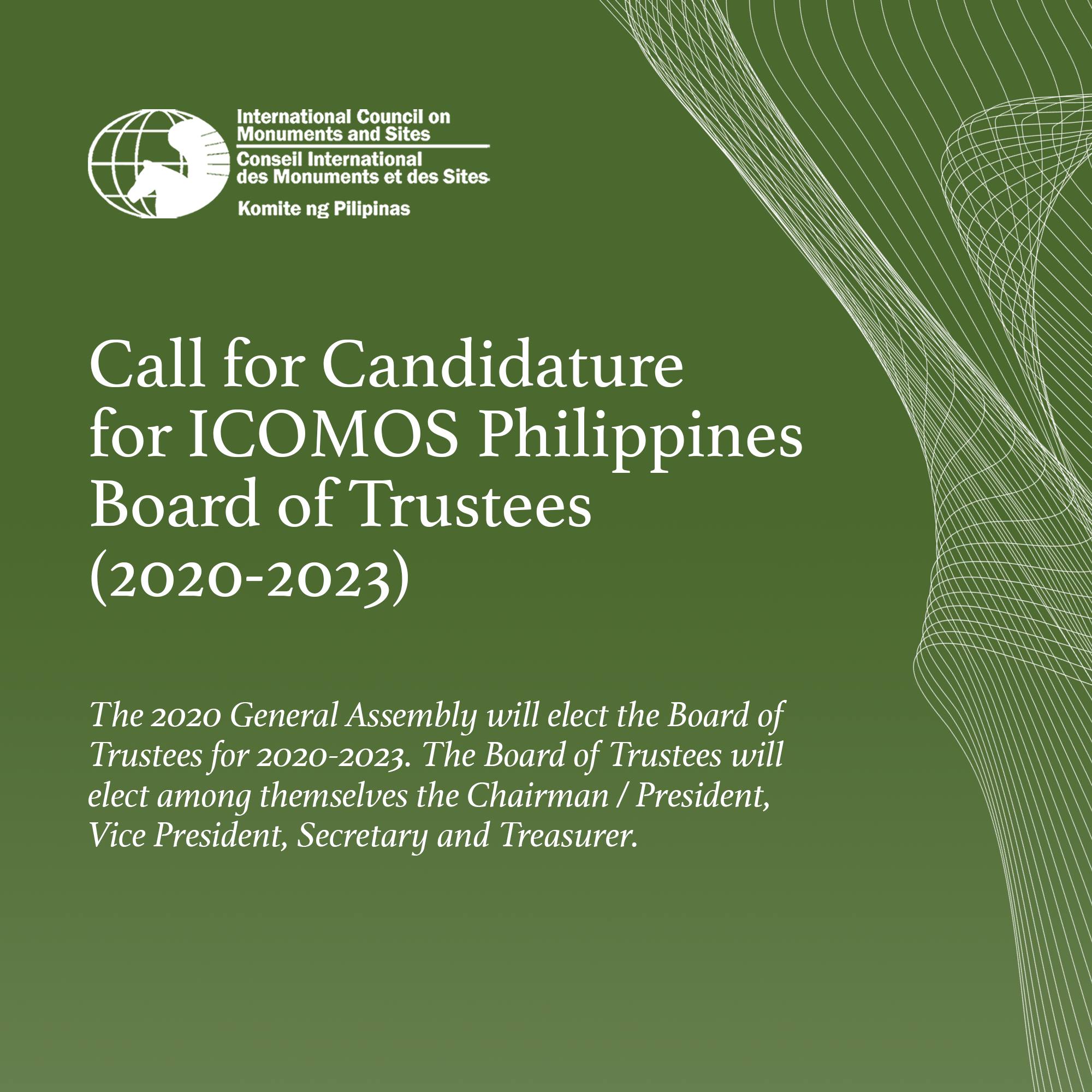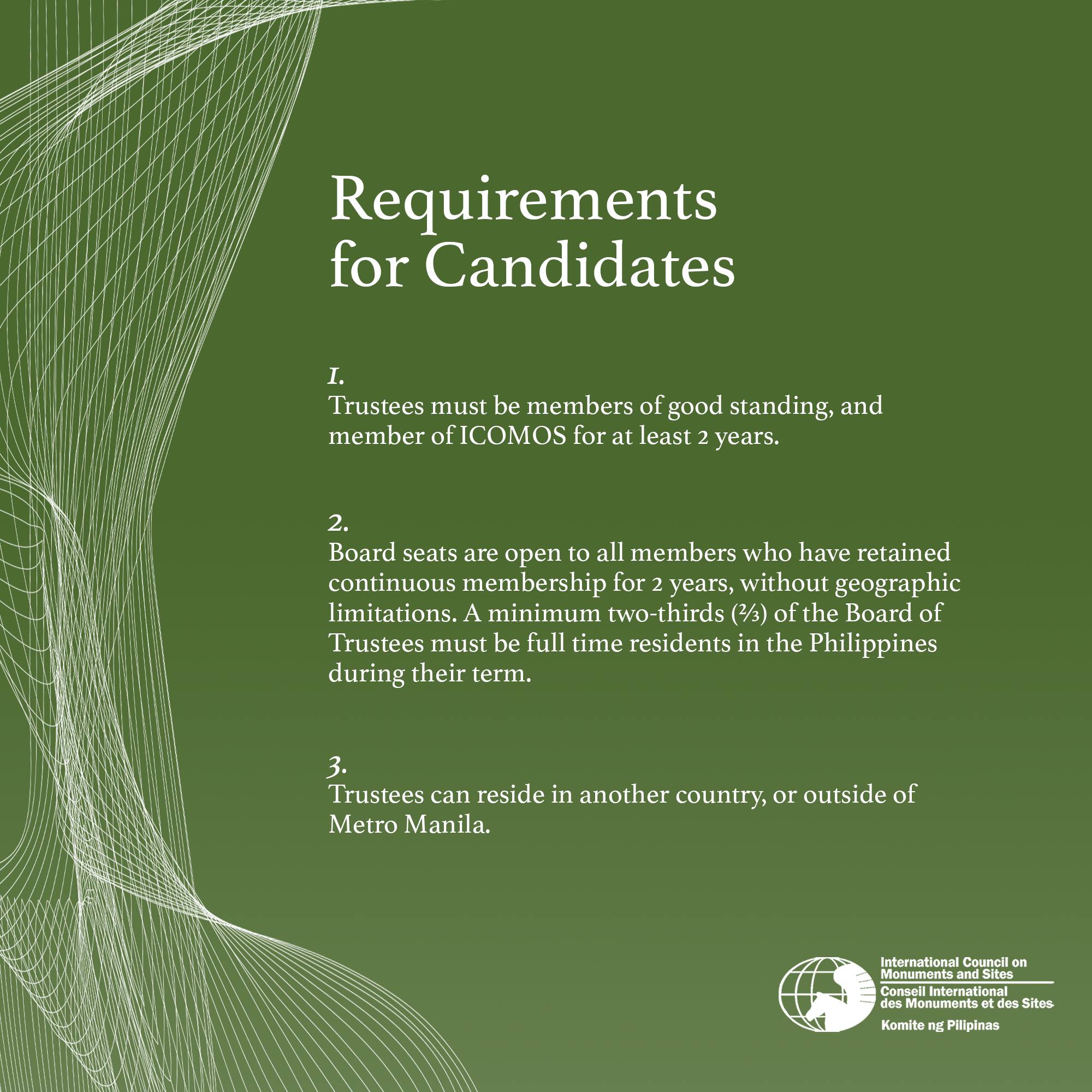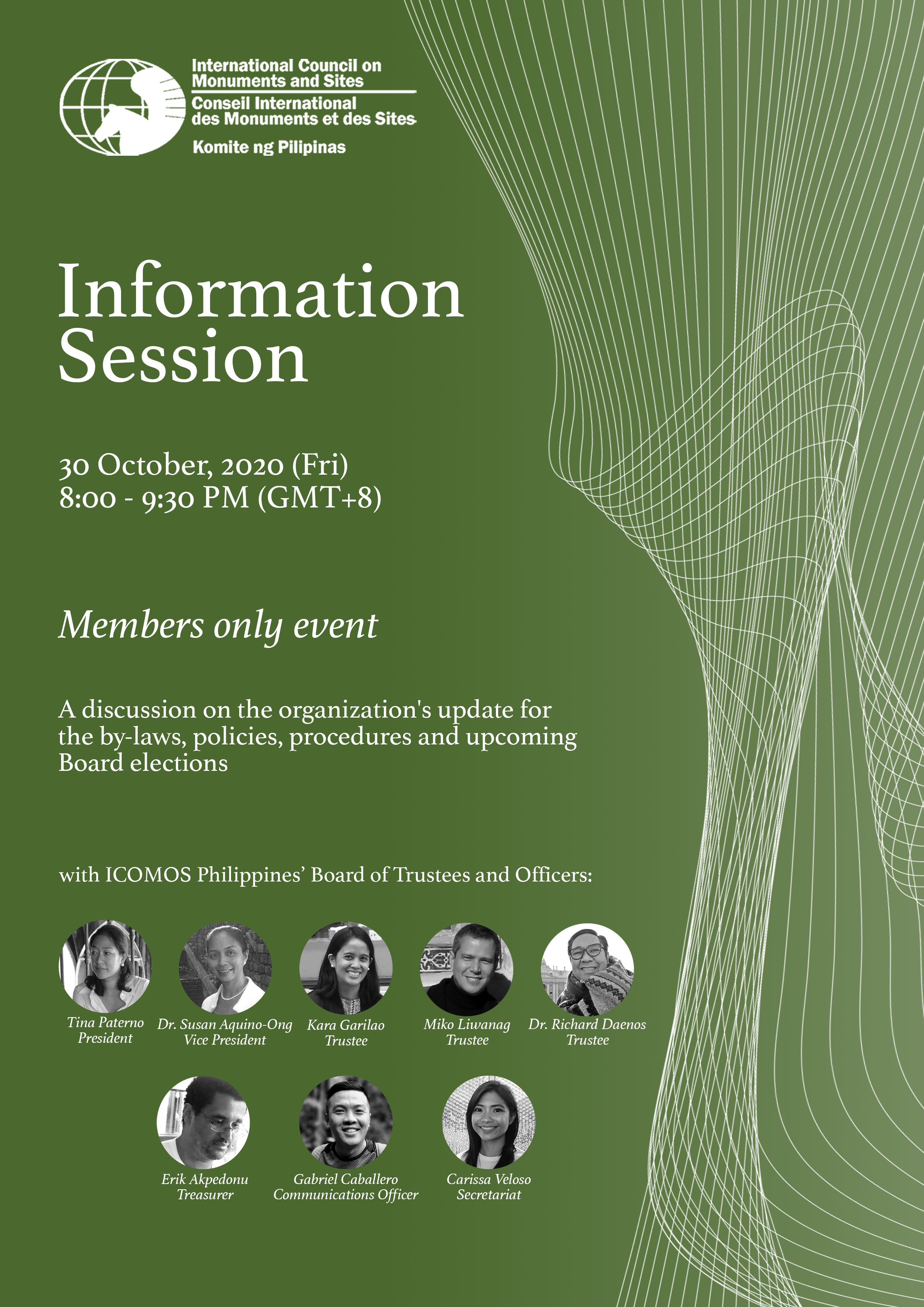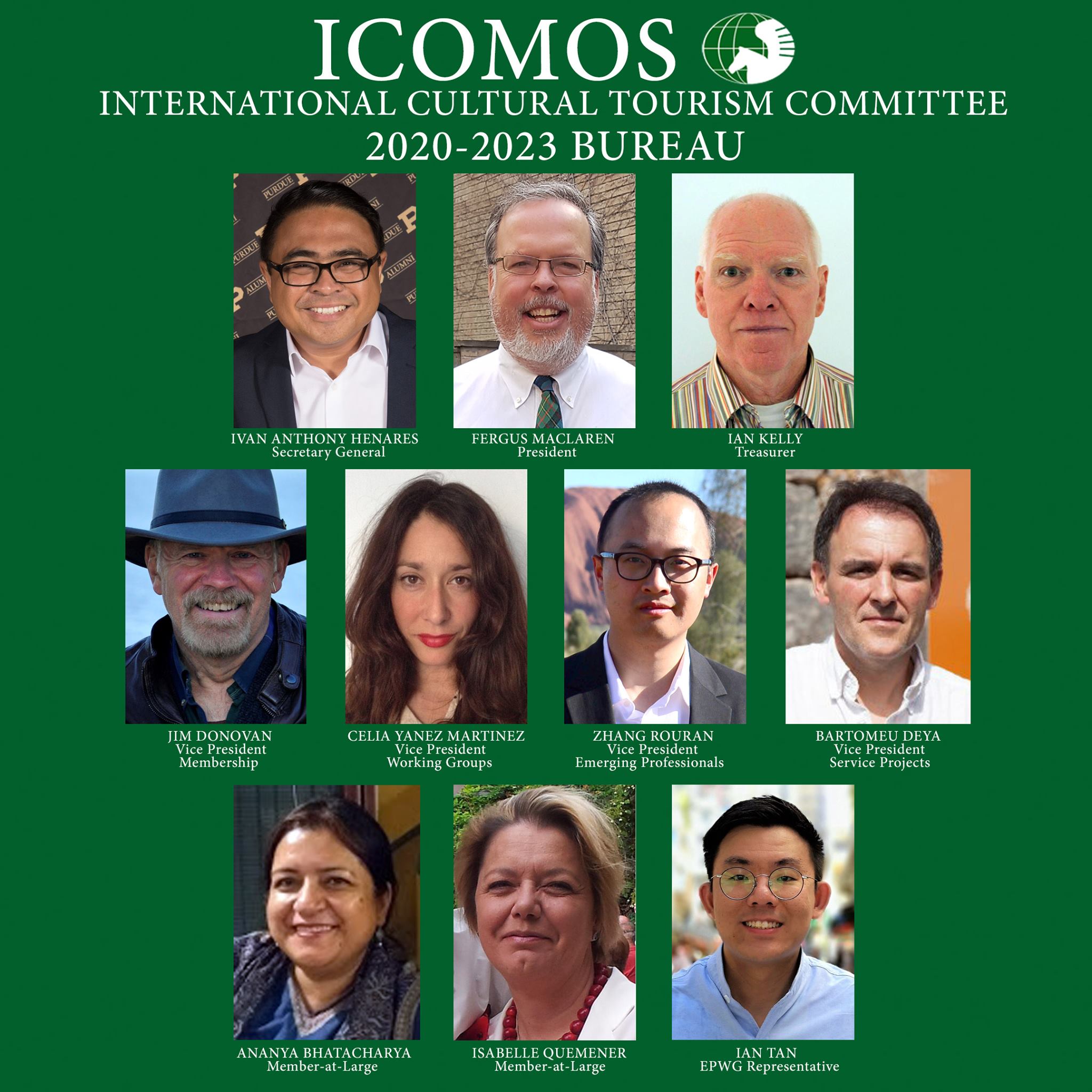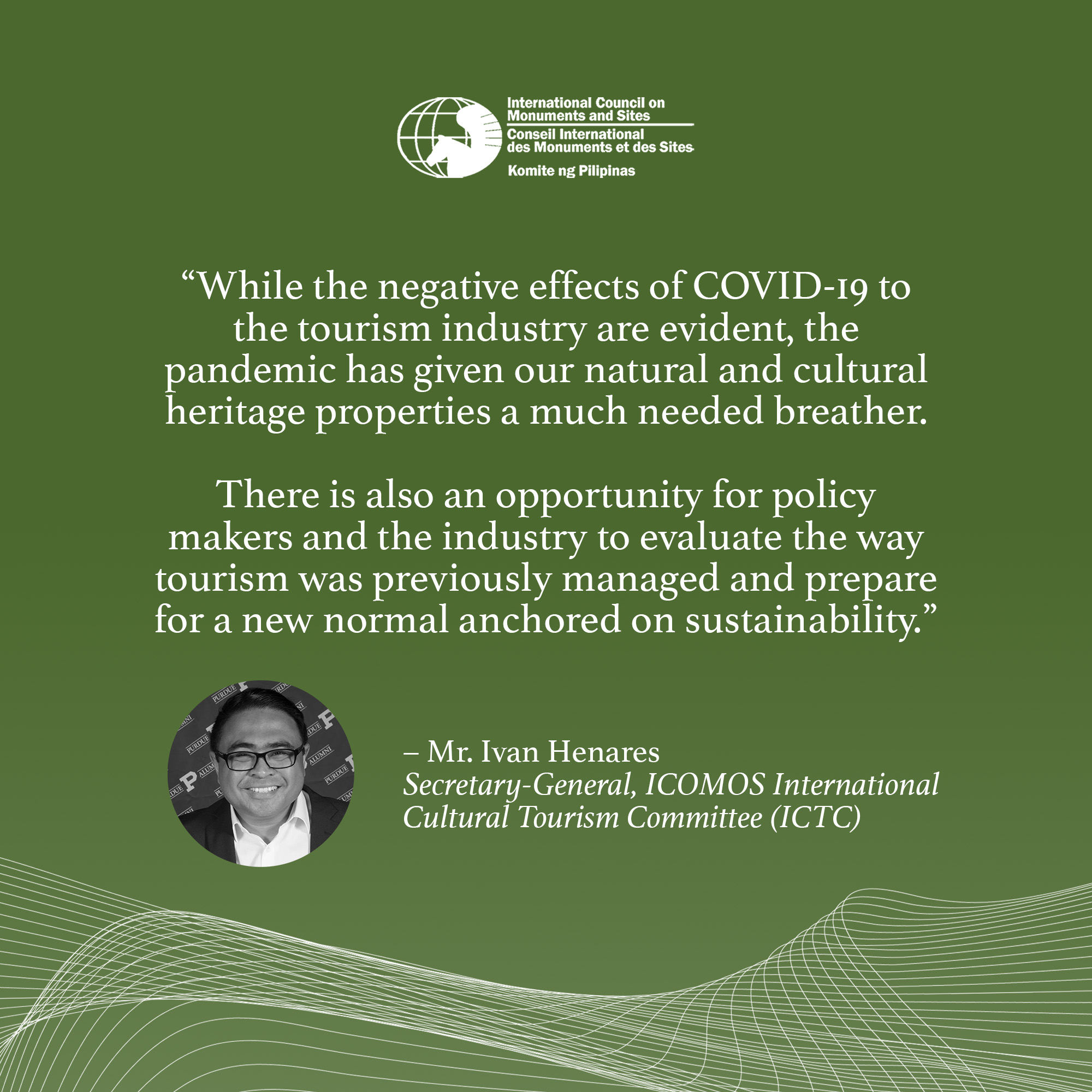During my internship, I was exposed to the different projects of the Architects Committee–from contributing to their Focus Group Discussions, to researching on the International Scientific Committee on Twentieth Century Heritage (ISC20C), and to delving into the topics for the proposed CPD Talks on proper adaptive reuse strategies and design principles application to historic buildings. These involvements enabled me to get a better understanding of what constitutes a good conservation and adaptive reuse project. Insights gathered from ISC20C advocacy projects and initiatives, which can be helpful in resolving 20th century structures’ demolition issues, and the various case studies encountered during this research aided the discussion in how to work around the challenges architects may face regarding conservation parameters.
Other than the work for the Architects Committee, I was also exposed to more heritage research by contributing to Project Alexandria and working on the ICOMOS Philippines Online Library which both helped me gain a more comprehensive look into the current heritage conservation landscape in the Philippines. Moving forward with my architectural and documentation work, the learnings that the experience offered to me by ICOMOS, my mentors and its members is something that I am extremely grateful to have.

“Through the guidance of my mentors in ICOMOS Philippines, I was able to get a better understanding of what constitutes a good conservation/ adaptive reuse project. We looked into local and international case studies and discussed what challenges architects face in the process of designing with conservation parameters. I hope to carry these insights and instill them in design principles for my work in Architecture and documentation projects.”
I will be completing my thesis, a proposal on a values-based adaptive reuse guide using a typo-morphological analysis of Avenida Rizal, in hopes to stir the discussion of how heritage values may be better interpreted by designers/architects. I am also taking on projects that create virtual tours for tourist destinations and heritage sites around the Philippines. I hope to get more experience in fields relating to heritage work and eventually return to ICOMOS and contribute more as a member.
